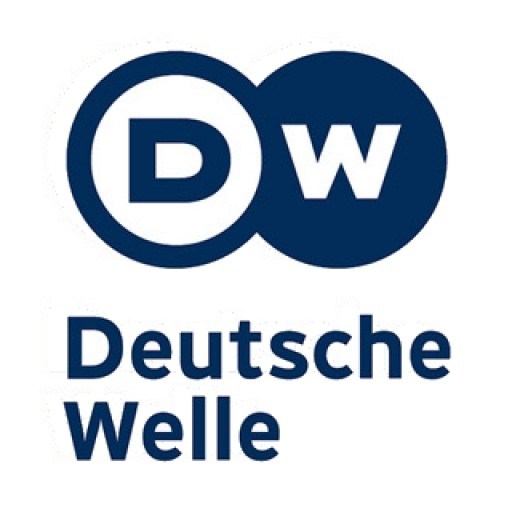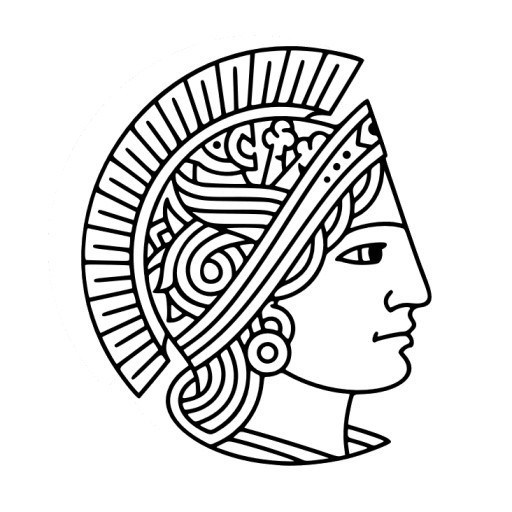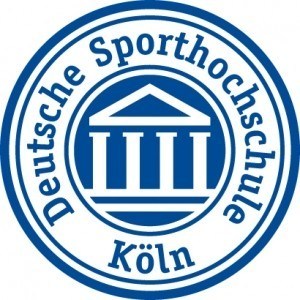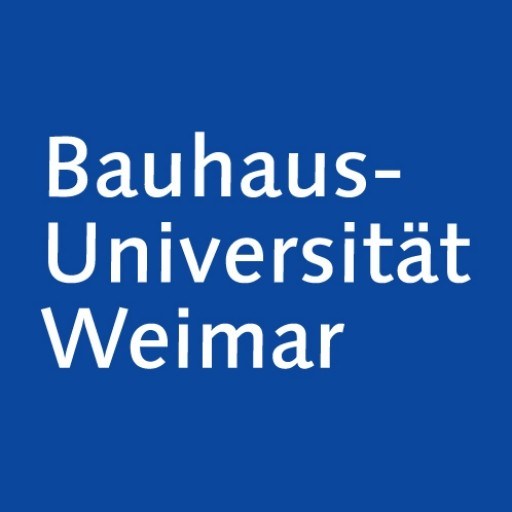International Media Studies at DW Academy offers a comprehensive and innovative curriculum designed to equip future media professionals with the skills and knowledge necessary to navigate the rapidly evolving global media landscape. This program focuses on developing a deep understanding of international media trends, journalistic ethics, and multimedia storytelling techniques, preparing graduates for diverse careers in news organizations, broadcasting, digital media, and communication sectors worldwide. Throughout the course, students engage in intensive training on digital journalism, responsible reporting, and the production of multimedia content, fostering critical thinking and ethical standards essential for responsible journalism. Emphasis is placed on understanding media ecosystems in different cultural contexts, enabling students to produce content that is both locally relevant and globally resonant. The program also includes practical workshops, internships, and collaborative projects with international media outlets, providing students with real-world experience and networking opportunities. Additionally, students learn about media regulation, freedom of expression, and the impact of social media, ensuring they are well-prepared to adapt to the digital transformation in media industries. The coursework combines theoretical sessions with hands-on training, including video, audio, and online journalism, to develop versatile media skills. By the end of the program, graduates will have built a robust portfolio showcasing their multimedia projects and journalistic work, positioning them as competitive candidates in international media markets. The program is delivered by experienced media professionals and academics committed to fostering innovative, ethical, and socially responsible journalists who can contribute to transparent and inclusive media environments worldwide.
Educational organisation
M = Module- First Semester
Students learn about the content and methods of the Master's programme and acquire knowledge about the connection between media science, media systems, cooperative development and about the theoretical connection between the disciplines.
M 2 - Media, Education and Communication
Students conclude the module with a basic, scientific understanding of education, educational science, media didactics, and the applied educational research. They learn how to use media and multimedia materials and gain competencies in intercultural communication.
M 3 - Media, Politics and Society I
Students learn about the importance of the media in communicating political messages, as well as its specific institutional organisation for the functionality of democracy. They will know the basic systematic characteristics of the media and become familiar with its implications.
M 4 - Journalism
Students learn how to use the journalistic formats for news, interviews, features, commentaries, and moderation. They become proficient in the creation and organisation of editorial teams and learn how to plan and produce programmes professionally.
M5 - Media Economics
Students gain a better understanding about the work flow within a media enterprise and how it functions economically. They also get an overview of the economic structure and general legal conditions in the media industry.
- Second Semester
Students receive advanced, practical media training while gaining skills in video, audio, multimedia, and print. They gain competencies needed to create a high-quality, professionally-produced piece or a cross-media product.
M 7 - Media, Politics and Society II
Students learn about the interdependencies between media and media governance structures. They can evaluate concentration tendencies of media companies in different countries and its influence in political systems.
M 8 - Media and Communication Science
Students learn how to think conceptually and theoretically, while becoming familiar with the basic, media-related theoretical approaches and models for understanding media communication.
M 9 - Media Management
This module introduces specific competencies in the areas of accounting, personnel management and marketing/public relations. Students gain the knowledge to recognise alternatives for economic decisions and to make the connection to individual fields.
M 10 - Elective I/Media Practice II
Students can choose to advance their practical skills in media production or to expand their theoretical knowledge in applied media studies, including topics such as Environmental Communication or NGO Management.
- Third Semester
See M 10.
M12 - Strategic Management
Students learn how to perform the strategic and operative tasks that a manager deals with in the communications sector. They receive further theoretical, empirical, and practical knowledge that forms the basis for editorial management.
M 13 - Project Work
Students are presented with a comprehensive task in at least one category of media. They develop this task professionally and complete it for publication.
M 14 - Empirical Methods II
Students acquire advanced knowledge of descriptive and inductive statistics. They will possess extensive knowledge of statistical analysis processes and deepen their comprehension of methods of empirical social research through practical application.
M 15 - Applied Research Projects
Students learn about the different phases and parts of a research process. They have the possibility to develop their research topic. During class discussions, the students sharpen their ideas and theoretical argumentations and find ideal methods according to their subject.
- 4th Semester
Study abroad unit(s)
NoneForms of assessment
Forms of assessment vary, including written and oral exams, presentations, and project work.Course objectives
Students will acquire the knowledge and skills that are essential for a career in the media field. They will be able to meet specific occupational requirements with expertise and communicative independence. The Master's programme trains students personally and professionally to be competent journalists and prepares them for a challenging role as experts or managers in the media sector.Language requirements
Applicants must provide proof of their German and English language skills.The excepted certificates are:
- German:
- English:
Required DSH / TestDaF
YesAcademic requirements
Applicants should have a Bachelor's degree or equivalent and more than one year of professional experience in a media-related field after obtaining their first degree. Applicants applying for a full scholarship should have at least two years of professional experience after their first degree.The Master's degree programme is bilingual, and students will have to provide proof of their communication skills in German and English. This should be submitted in the form of the accepted language certificates mentioned above.
Enrolment fees
Approx. 260 EUR per semester. The fee includes a semester ticket covering public transport in the Bonn metropolitan area as well as public transport throughout North Rhine-Westphalia.Costs of living
We recommend a budget of around 800 EUR per month for accommodation, living expenses, health insurance, and miscellaneous expenses (a limited number of scholarships are available).Funding opportunities within the university
The Deutsche Welle will award full scholarships to up to 10 applicants each year. Prospective students from developing and transition countries can apply for the full funding. The scholarship amounts to 750 EUR per month, and covers costs of living and accommodation. The tuition fee and the flight will also be reimbursed. A committee will decide which applicants are to receive a scholarship after the application deadline has expired.http://www.dw.de/tuition-fees-financing-and-scholarships/a-3766451








